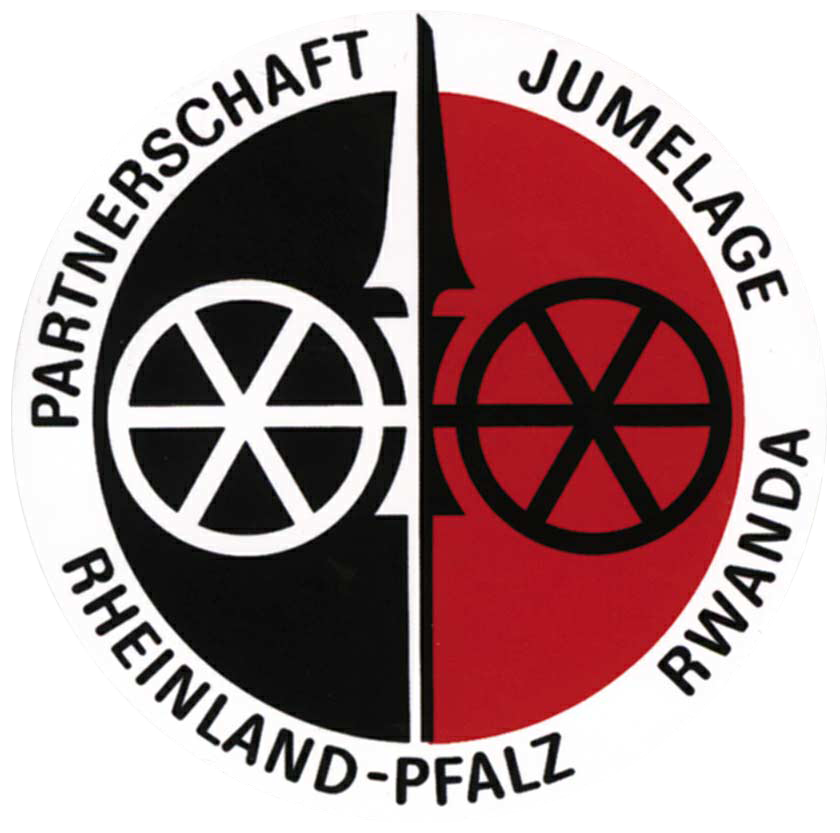Dominique Uwimana
Communication and Education Officer at the Football for Hope Center ESPERANCE

Football "Amahoro" - Football for Hope: This is the motto of the ESPERANCE football club, which was founded in 1996 by a group of young people. Its idea is the same today as it was back then: to use sport to reach children and young people who otherwise often fall through the cracks and furthermore understand and resolve conflicts - whether between each other or in their own lives. In addition to football, the club focuses on a creative and educational program that aims to help young people with their career orientation. Dominque Uwimana is the club's communication and education officer and, after 15 years at ESPERANCE, states that he grew up in the center himself. Today, he also supervises German volunteers within the Weltwärts exchange program and coordinates young Rwandans volunteering in Germany.
Dominique, what still drives you after 15 years?
My experience has shown me the potential that soccer has for young people in our country. We have been able to help school dropouts to complete their education, and young people to discover their own skills and strengths. In this way, we have been able to prevent them from slipping and perhaps having unwanted children at a young age. Many of these great successes would not have been possible without the partnership with Rhineland-Palatinate, and they motivate me not to give up, but to keep investing in this work.
You say the partnership has been able to make a big contribution to your work. What would you wish for the future of the partnership?
Since the founding years, we have been able to progressively expand our work and reach out to more young people. This would not have been possible without the support of the state of Rhineland-Palatinate and our partner from Boppard, Kick for Help. At the same time, however, it is very important to me to emphasize that the partnership works on several levels and that personal exchange plays a very important role in overcoming mutual prejudices and one-sided ideas about the other country. In order to promote this personal exchange even further, I would be pleased if we could find a partner in the future in Rhineland-Palatinate like a sports club or a youth center that works with young people themselves.
What characterizes the work of the Jumelage and how has the cooperation affected your organization?
Rwanda and Rhineland-Palatinate are connected through a strong partnership - we are like twins, we understand each other and our common philosophy. What is special about the work of the Jumelage is that it is responsive to people, operates very technically and close to the target groups, and reviews the progress of the projects. The cooperation with the Jumelage has strengthened our reputation, as we are taken particularly serious if people know about it. In addition, our project management has improved in the course of joint applications and project implementation. And we have also been able to build on existing links in terms of content. For example, we are sending our prospective referees to Koblenz for them to achieve an international certification, which strengthens their career opportunities in this field.
On a personal note, how has the partnership shaped your own life?
I never thought I would be a tour guide one day, but that's what I do now for delegations and youth visits. It gives me great pleasure to be able to introduce our culture to young people from Rhineland-Palatinate and to show them, also through my personal background, how complex the history of my country is; that it consists of much more than just the genocide against Tutsi, for example. It makes me happy to see how these young people from Rhineland-Palatinate now connect their own experiences and our conversations to Rwanda and no longer think only of poverty or the genocide. At the same time, our Rwandan young people see that money is not lying on the street in Europe either and that people, just like themselves, have difficulties and insecurities. Only the exchange from person to person can help us question prejudices or one-sided ideas not only in our heads, but also in our hearts.
 Partnerschaftsverein Rheinland-Pfalz/Ruanda e.V.
Partnerschaftsverein Rheinland-Pfalz/Ruanda e.V.